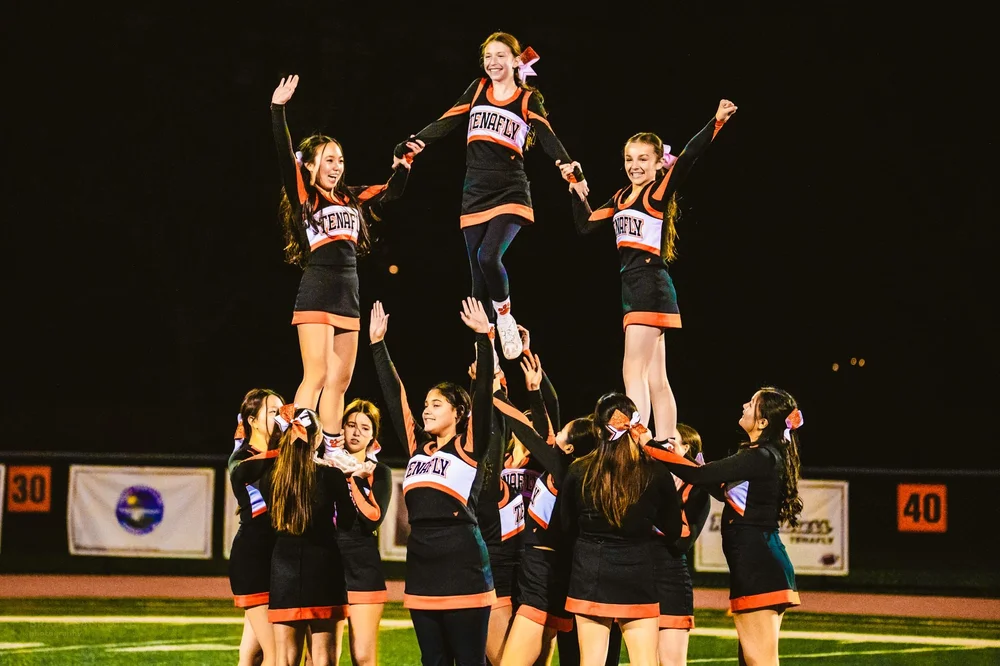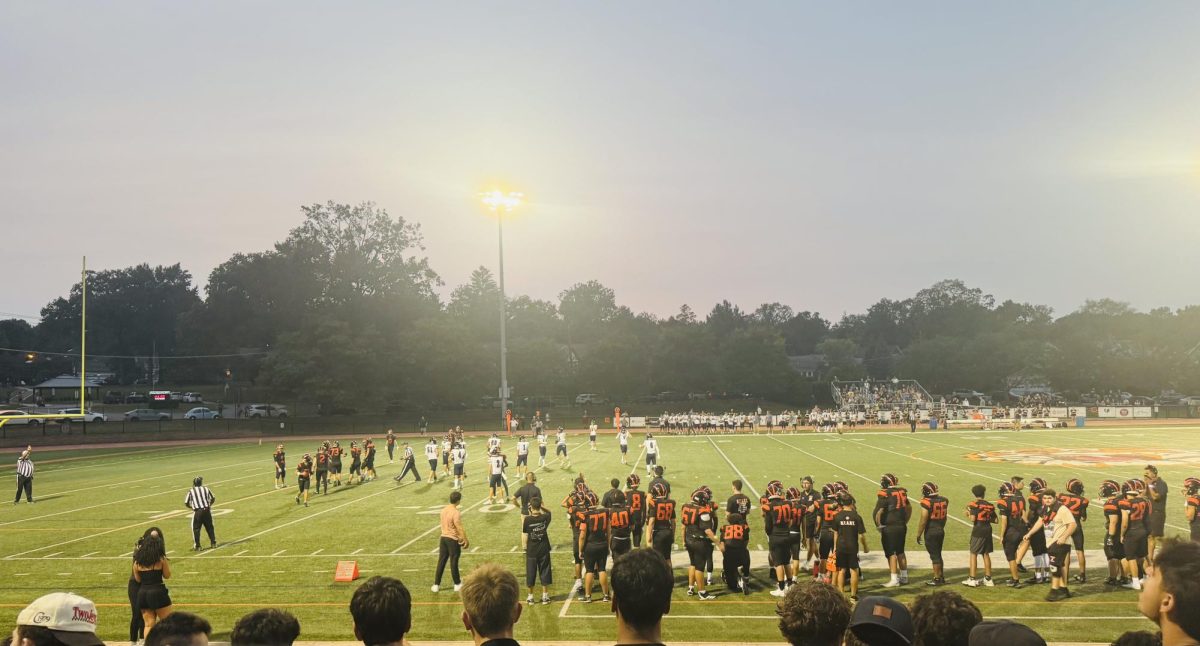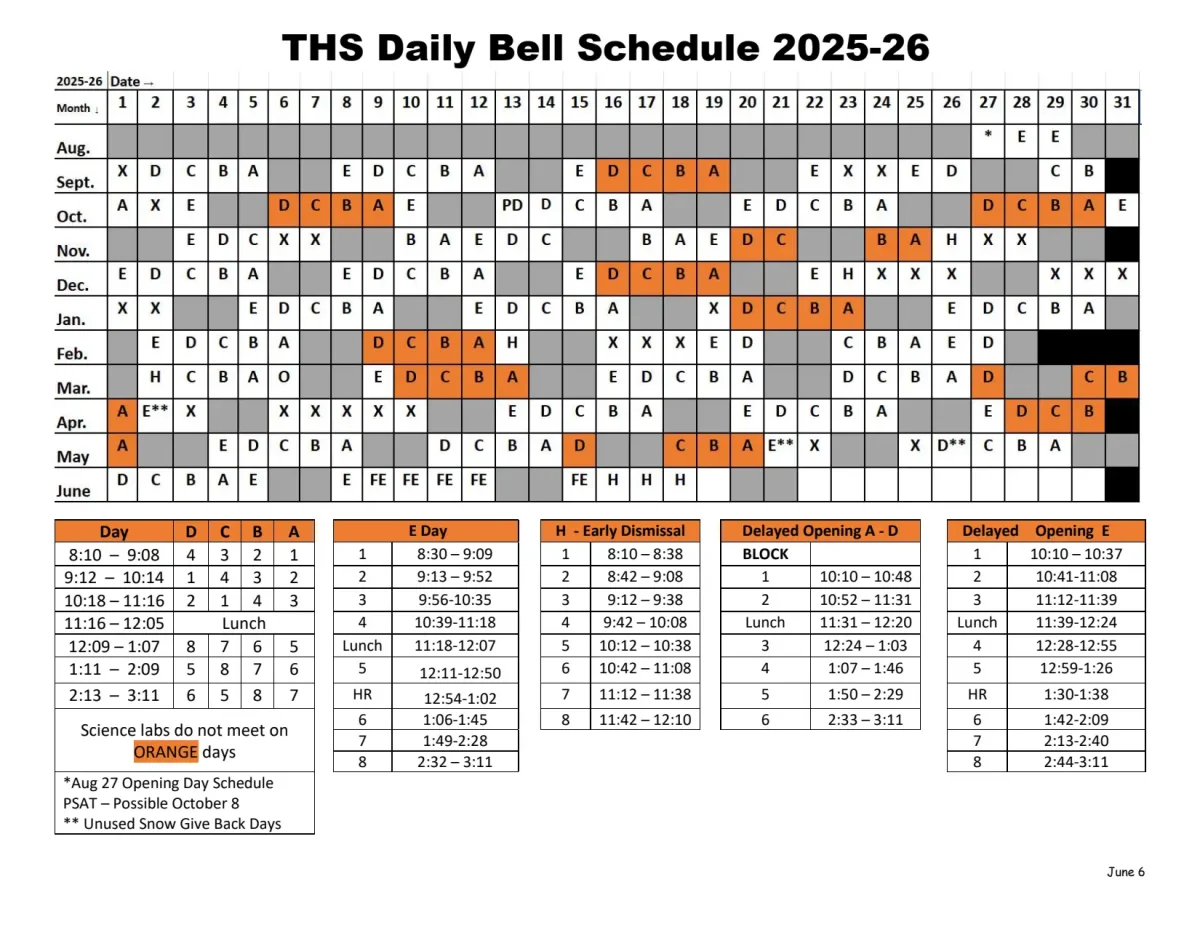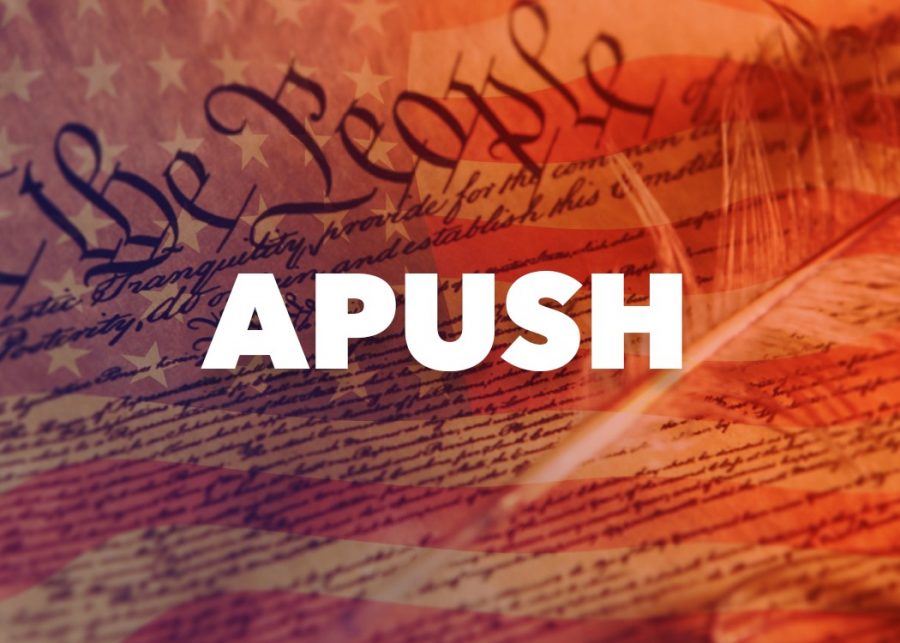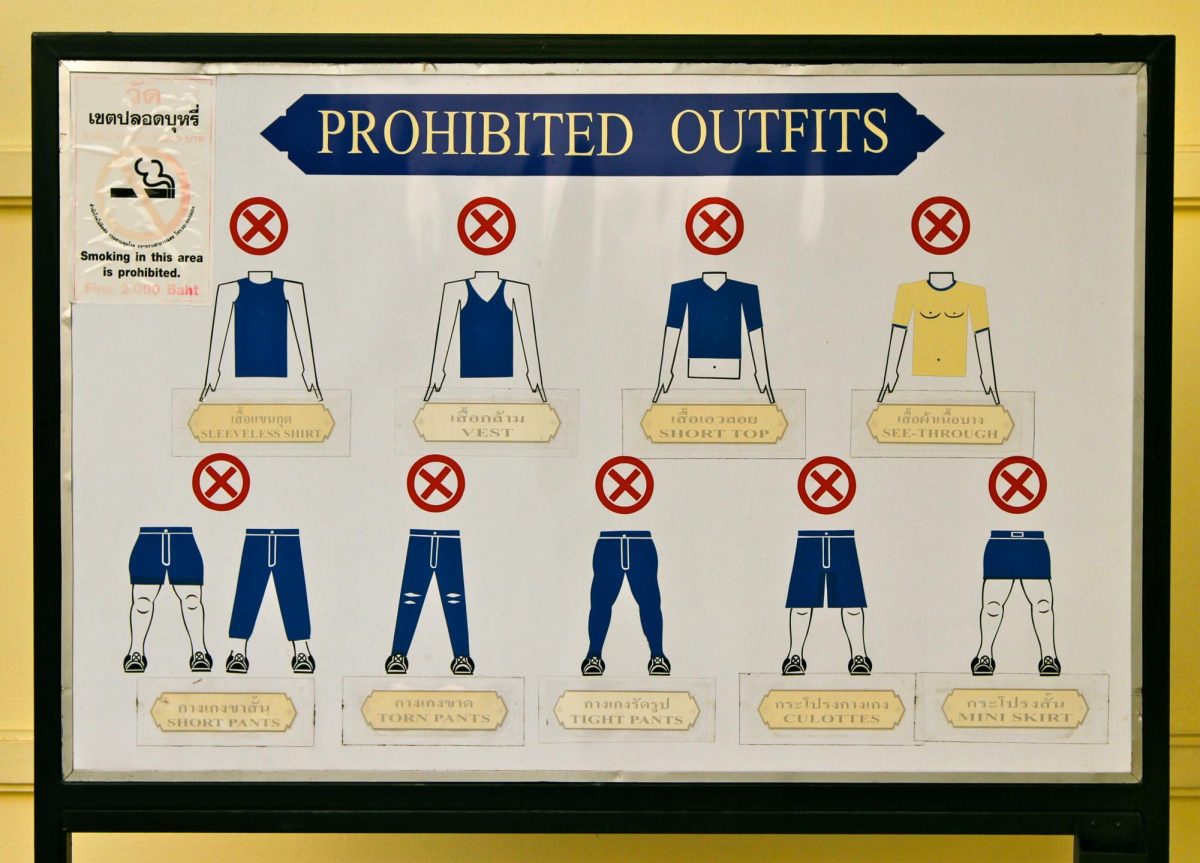“You are the intellectually elite of society,” Mr. Hegarty said to my scared yet determined AP US History class as we walked into his room on the first day last year. APUSH with Mr. Hegarty is notoriously known as one of the most challenging courses THS has to offer. While the majority of Tenafly students take US history in two years, APUSH students cram all of history into one year. That was until this year, when the school began offering an option for a two-year APUSH.
This two-year APUSH option replaces the Advanced US History course, thereby allowing students to earn the AP GPA weight. Considering that it is still two years, as was advanced, why should these students be earning the same GPA weight as those taking APUSH in one year?
The entire reasoning behind this change stems from the administration’s desire to increase AP class enrollment, which, in turn, will raise Tenafly’s ranking. In 2006, New Jersey Monthly ranked THS second of all NJ public high schools, but by 2014, that ranking drastically dropped to #17, according to New Jersey Monthly. And by 2024, the ranking dropped even lower, with NJ.com giving Tenafly #31 in the state. With our rankings dropping by the year, changes clearly needed to be made for Tenafly to have a comeback. And what’s an easy way to make Tenafly look like a better school? Increasing AP enrollment.
Of the many reasons I believe two-year APUSH is a bad idea, the most significant is the amount of information students will need to retain throughout junior year, the summer preceding senior year, and senior year. While learning all the information in one year is a struggle in regular APUSH, the light at the end of the tunnel is the exam being only nine short months away from when one starts learning the information. For those taking the course over two years, they will have to remember the information over a 21-month span, which seems like quite the drag to me. I certainly don’t remember the random tidbits of what I learned last year in APUSH, so how are students expected to remember all the information from junior year, ON TOP of all the new information they will gain senior year? Imagine sitting for the exam and opening it to a question regarding the encomienda system, the first thing students learn in the course. Odds are, those two-year APUSH students won’t remember such a small thing from their class almost two years ago…
Additionally, I don’t suspect second-semester seniors would spend ample amounts of time studying for the exam. The course materials won’t be freshly learned in the minds of two-year APUSH students, most of whom will not spend enough time or put in enough effort to study. As seniors, students are already accepted into their colleges and are burnt out from all the work the past four years have brought them. I think the last thing they are worrying about is doing well on an AP exam that they won’t be submitting. It is definitely helpful to earn college credit by performing well on the exam; however, by the second semester, students tend to prioritize completing the class over excelling in it.
Since this is the first year of the course offering, no one really knows how the two-year APUSH will compare to the standard APUSH. And while I suspect that exam scores will be lower and memorization of information will not be as great, those who opted for the two-year option seem to enjoy it, so far. Although the integrity of being intellectually elite by taking APUSH has been compromised, this two-year option may actually benefit some students who can handle the coursework of an AP but need a slower pace. Everyone, mark your calendars for July 2027, when the AP exam scores are released, and my concerns with the course are either validated or corrected.










